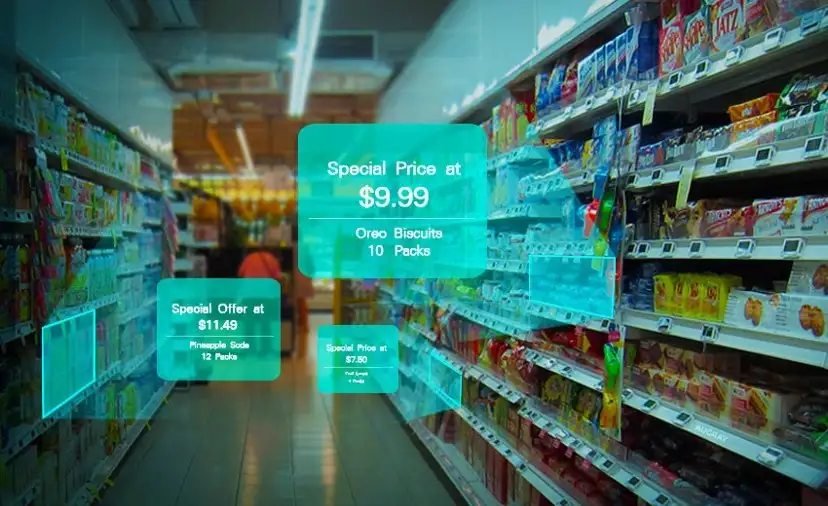Here are some things I know:
We spend less money on things these days. A microwave is $29. A kettle is $9. An excellent TV (based on my lifetime of watching it) is just a few hundred dollars. Even cars are getting a little bit cheaper.
So instead, futurists tell us, we are spending money on experiences. Especially if you consider fashion an experience, as people spend more on fashion than ever, for less actual quality and far lower counts of wearing each item.
Instead of things, we are paying for contrived gym classes, life coaches, volunteer tourism, escape rooms and adventure sports.
But here’s the thing – we are also spending less on experiences.
Chemists / Pharmacies – not too long ago you would go to a chemist and ask for help. Now, in Australia, traditional chemists are being replaced with chemist supermarkets like Chemist Warehouse.
Restaurants used to be an experience, and typically a shared experience. Home delivery has skyrocketed. Same food, sans experience.
Trams/trains used to have conductors who you could get advice from.
Clothing and electronic stores used to have many more sales people who gave you advice on what to buy.
We used to trust banks and financial advisors.
What Has Changed?
Collectively we have become more cost-efficient and smarter. We self-diagnose, research our travel plans, read product reviews, and have decided that takeout and Netflix is a better experience than eating in a restaurant. We invest our money and receive loans online.
On top of that, it is clear to me that experiences are a fad or fashion. The moment we have young adults whose parents went bungie jumping, that will be less appealing to their generation.
- We no longer need help
- We no longer trust “professional” advice
- Experiences are fashionable.
What Will Prosper?
Travel. The available experiences are only limited by human experience itself. And transportation keeps getting cheaper.
Shopping Experiences for the Rich. People still want to be fussed over, if they can afford it.
Bars, Cinemas and Restaurants. Competition from home delivery and in-home entertainment will continue, but cinemas are still strong despite the rise of TV, and social venues will always be a thing. Mediocre will no longer cut it (see Gold Class cinemas in Australia, and restaurants with degustation menus).
Supermarkets for fresh goods. People still want to judge the quality, and supermarkets will make it more of an experience. The baker will be in front of you, not behind a wall. Supermarkets will be a food court of fresh food artisans and advisors. Eating in-store will be a big trend.
Competitive Sport. Think Ten Pin Bowling, except there is a never-ending number of social sports than could be invented. Men will be dedicated, women will have the occasional fu night out. Just like bowling.
What Will Wither?
Car Sales Yards. You will research online, test drives will come to you. You will order online.
Middle-class Department Stores. Already very obvious. The most expensive department stores, and dollar stores, will continue to do okay.
Multi-brand fashion stores. Think shoe stores. People will go to a Nike store because that is their preferred brand, be dazzled, and order in-store for at-home delivery. Instead of going to a multi-brand shoe store, asking if they have Nike, trying it on, then ordering from home via Amazon.
Amazon. It will be seen as the dollar shop equivalent. Buying direct from the manufacturer will be just as cheap. And non-brand products will lose appeal as people realise they are (generally) inferior.
Supermarkets for dry goods. Staple, repeated purchases will be delivered.


